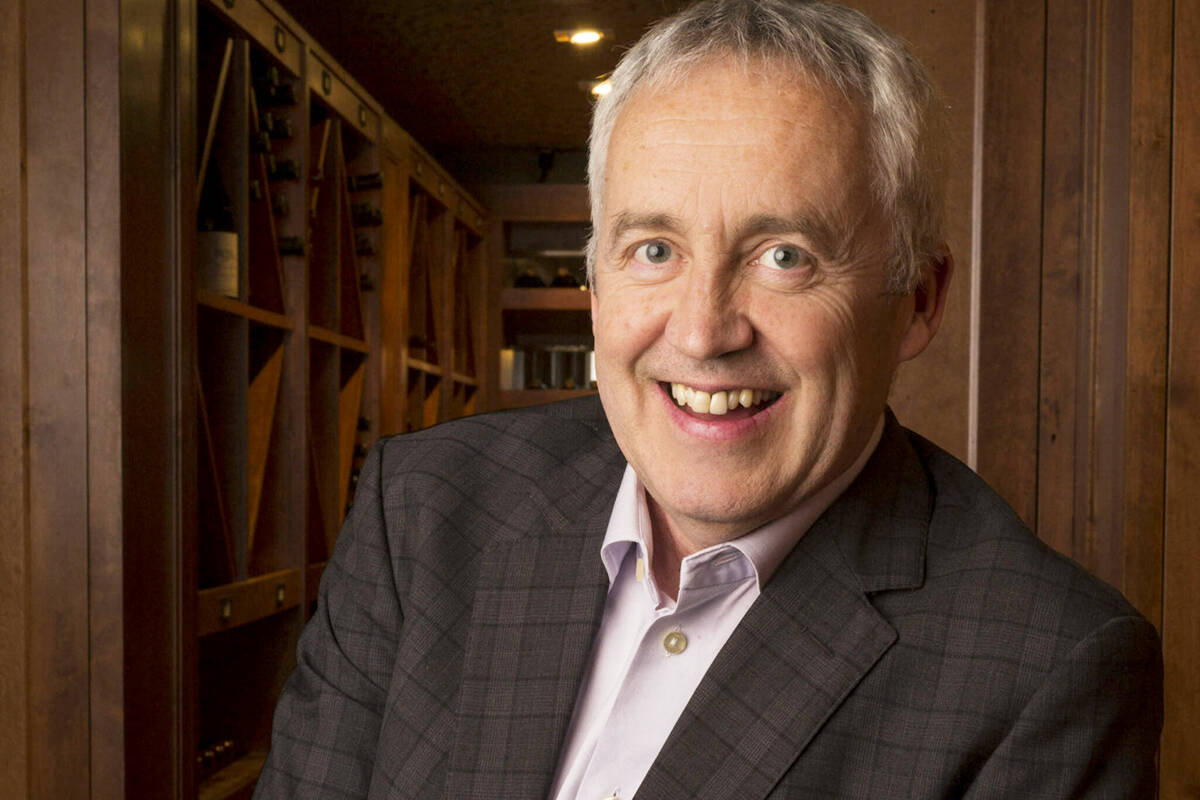One of the most powerful and consequential leaders in BC is a woman who few people would recognize, but her accomplishments keep piling up. And she has just been appointed Chair of BC Ferries after a very successful stint as chair of ICBC. The question is: can she turn things around?
Joy McPhail served as an NDP cabinet minister in crucial posts like health, finance and social services in the 1990s. She was also one of only two NDP MLAs who survived the electoral thrashing of the party by Gordon Campbell’s Liberal Party in 2001. She won her seat in 2001 by only 400 votes but left her imprint on the party over the next few years by serving as interim leader and quietly and competently leading it back from the political wilderness to become a political force once again.
During her time as a cabinet minister in the 1990s, notable accomplishments included getting the iconic Vancouver Trade and Convention Center built and starting the SkyTrain network. Since leaving politics in 2005, she has served on many public and private boards, including major hotels, social service providers like Covenant House in Vancouver and as the vice chair of the Squamish Nation’s Economic Development Corporation.
During McPhail’s five-year term as chair of the ICBC Board of Directors, she steered the organization through one of the most dramatic reorganizations a crown corporation has ever navigated, moving from a litigation-based system to a care-based model that is estimated to save $1.5 billion a year. Although five years is indeed an eternity in politics when McPhail became chair in 2017, ICBC was under constant attack, and it was resented by many British Columbians. As her term ended at ICBC this spring, insurance rates were dropping, consumer sentiment toward ICBC was improving, and the NDP government could point to it as one of its finest accomplishments.
There may be trouble on the horizon at ICBC, however, as trial lawyers in BC contemplate taking the government to court over the loss of hundreds of millions of dollars in fees they once earned in the previous litigation-based model. But it won’t be on McPhail’s watch.
Joy McPhail is moving on to her next Herculean challenge, as chair of BC Ferries. While technically “an independently managed, publicly owned company” and not a crown corporation, BC Ferries provides services to one client: the BC Government. And the BC Government must answer to the millions of people and tourists who use the company’s complex network of routes along BC’s coast. BC Ferries serves as the de facto lifeline for millions of British Columbians whose health and livelihood depend on its services, making it a massive political hot potato.
Appointed to the chair position June 30, McPhail wasted no time in plotting a course correction. Within three weeks of her appointment, the CEO of BC Ferries, Mark Collins, was fired, after a spate of cancelled sailings left thousands of paying passengers stranded and Vancouver Island and Gulf Island communities in an uproar.
BC Ferries, like many companies in the transportation sector, is facing an unprecedented surge in travel that is straining its infrastructure to the breaking point. Post-pandemic increases in travel are occurring at the same time as staff shortages due to retirements, the time it takes to properly train replacements, and rising Covid sick leave.
Operating one of the largest and most diverse fleets of ferries in the world is a gargantuan task, but for BC taxpayers relying on the service, all those facts fade into the background if they are forced to endure last-minute cancellations that leave them stranded. Not to mention the hundreds of millions of dollars a year in tourism revenues that are at risk if the recent abrupt service disruptions continue. Something has to be done, and quickly.
If there is anyone in BC with the track record to possibly turn the ship around, it is Joy McPhail. And she just made her first move, by firing the captain. Where McPhail will steer next is the billion-dollar question.
Bruce Cameron has been a pollster and strategist for over 35 years, working initially for Gallup Polls, Decima Research and the Angus Reid Group before founding his own consultancy, Return On Insight.

